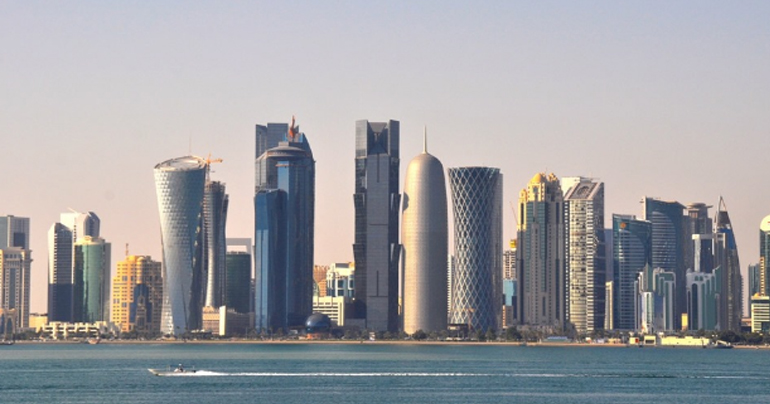
Defining Qatar's Future Opportunities
22 Aug 2017Qatar’s management of its hydrocarbon resources will continue to secure improvements in standards of living. However, an improved standard of living cannot be the only goal of a society. To remain true to its values, Qatar must balance five major challenges:
- Modernization and preservation of traditions - Qatar’s very rapid economic and population growth have created intense strains between the old and new in almost every aspect of life. Modern work patterns and pressures of competitiveness sometimes clash with traditional relationships based on trust and personal ties, and create strains for family life. Moreover, the greater freedoms and wider choices that accompany economic and social progress pose a challenge to deep-rooted social values highly cherished by society. Yet it is possible to combine modern life with values and culture. Other societies have successfully molded modernization around local culture and traditions. Qatar’s National Vision responds to this challenge and seeks to connect and balance the old and the new.
- The needs of this generation and the needs of future generations - Sustainable development is a process that seeks to meet the needs of the present generation without compromising the ability of future generations to meet their needs. This is often called intergenerational justice. The rights of future generations would be threatened if the depletion of non-renewable resources were not compensated by the creation of new sources of renewable wealth. This could happen in at least three ways. First, the financial returns from hydrocarbon wealth could be used inefficiently, delivering low returns. Second, spending on “trophy” or conspicuous projects could prove costly. And, third, overly aggressive economic development could lead to economic overstress and risk, tipping the environmental scales irreversibly. Qatar’s National Vision will choose the development path that carefully balances the interests of the current generation with the interests of future generations.
- Managed growth and uncontrolled expansion - Qatar is currently experiencing great expansion in its economic activities. However, this growth could deplete its resources, overstrain its economy and derail it from its targeted objectives. Stresses from economic overheating and imbalances can manifest themselves in rapidly rising prices which, if persisting, will lead to financial vulnerabilities; deterioration in the quality of public services; low and stagnant labor productivity; deterioration in project quality and completion; environmental damage; and widening social cleavages and tensions. For these reasons Qatar must develop at a pace that is consistent with the realistic expectations of sustainable improvements in livelihoods and in the quality of life. It must target growth rates that are compatible with its capacity for real economy expansion.
- The size and the quality of the expatriate labor force and the selected path of development - Qatar must choose a development path that is compatible with the targeted size and quality of expatriate labor that are determined by Qatar’s leadership and people
- Economic growth, social development and environmental management - Development patterns can, and often do, have negative effects on the natural environment. Environmental degradation can be reduced through investment in advanced technologies designed to minimize the damage caused by economic projects. It can also be reduced by avoiding rapid and unplanned growth. Even with Qatar’s best efforts, it is impossible to entirely avoid harming the environment, given a development pattern that depends in its early stages on oil, gas, petrochemicals and heavy industries. Qatar has already committed to enforcing international standards for environmental protection when designing and implementing its industrial projects. The country must also commit to making its future path of development compatible with the requirements of protecting and conserving the environment. Wherever there is an environmental cost to be paid for economic progress, it must be compensated with investments in technologies that help improve the environment.
What people say

A business leader with a clear objective to Build a Legacy through his business acumen and passion to excel, being associated with Dr Tejinder opens up new avenues for learning.

Dr Tejinder Singh , the man who taught me to teach and lead. My first and only professional Guru who would run the mile first and push me to walk that . A wonderful human being and an exceptional professional.

Tejinder is one of the most amazing client/business partner that I have ever met.

I met Bhattia sahib once and found him very friendly,intelligent and very focused head of an efficient organisation.

In my association with Tejinder I have found him to be very frank in his views.He is very strong in his domain knowledge and also has sharp commercial acumen.

I was hired by Tejinder Sir, in the year 2003, which was also the turning point in my career.

My 1st Impression about Mr. Tejinder Singh Bhatia - An Exteremely Confident Professional, Who knows What he is Doing and Where he wants to Reach.

He was a dedicated and sincere person and always followed pragmatic approach while fulfilling his job responsilbilites.

I am priviledge to work under him, he is an excellent Leader where team always ready to work for him even at oddest hour of the day.